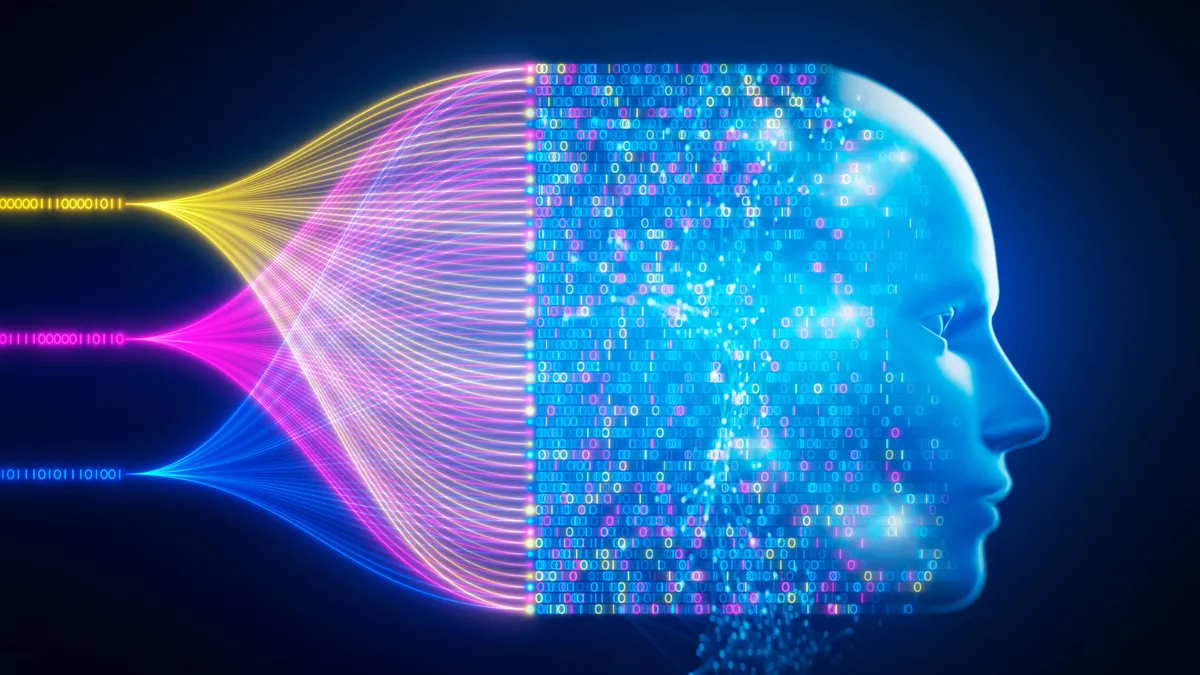OpenAI, the artificial intelligence research and deployment company, has been making waves with groundbreaking projects like ChatGPT and DALL-E. Yet, beneath the surface of its success lurks a significant concern: a growing talent retention problem. Several high-profile employees have recently left the company to start their own ventures, raising questions about OpenAI’s ability to maintain its position as an AI leader.
Who, What, When, Where, Why: The 5 W’s
- Who: OpenAI, its employees, and the wider AI community.
- What: A wave of talent departures from OpenAI, particularly among those with the technical skills and experience to lead their own AI startups.
- When: This trend has been accelerating in 2023, with several notable departures in recent months.
- Where: OpenAI’s headquarters are in San Francisco, but the impact of this talent drain is felt globally in the AI industry.
- Why: A complex mix of factors, including compensation, creative freedom, the allure of entrepreneurship, and potential disagreements over the ethical implications of AI.
The Factors Fueling the Exodus
- Financial Incentives: Several former OpenAI employees have secured substantial funding for their startups, often exceeding what OpenAI could offer in terms of salary and equity. The financial rewards of starting a successful AI company are immense.
- Creative Control: Some departing employees have expressed a desire for greater autonomy and the ability to pursue their own research directions. OpenAI, while innovative, has a structured approach that may not suit everyone’s preferences.
- The Entrepreneurial Spirit: The AI field is still relatively young, and the opportunity to shape its future is incredibly appealing. Many employees see founding their own companies as a way to make a more significant impact than working within a larger organization.
- Ethical Concerns: OpenAI has faced criticism over its handling of AI safety and ethics. Some departing employees may have felt that their concerns were not adequately addressed, prompting them to seek environments where they could have more control over the ethical implications of their work.
The Implications for OpenAI and the AI Landscape
The loss of talented individuals poses a serious challenge for OpenAI. It risks slowing down innovation and potentially weakening its competitive edge. It could also signal a broader trend in the AI industry, where experienced researchers and engineers are increasingly drawn to the entrepreneurial path.
This talent drain also has broader implications for the AI landscape. It could lead to a proliferation of new AI startups, fostering greater competition and potentially accelerating innovation. However, it could also raise concerns about the concentration of AI talent and resources in a smaller number of companies.
OpenAI’s Response and the Path Forward
OpenAI has acknowledged the issue and is taking steps to address it. They have increased compensation packages, provided more opportunities for internal advancement, and emphasized their commitment to responsible AI development. However, the long-term effectiveness of these measures remains to be seen.
The talent retention challenge at OpenAI serves as a reminder of the dynamic nature of the AI industry. It underscores the importance of fostering a work environment that not only attracts top talent but also provides the support, resources, and autonomy they need to thrive.
My Perspective
Having closely followed OpenAI’s work, I believe their talent retention issues highlight a crucial tension in the AI field. While the potential for AI to transform society is immense, there are genuine ethical and safety concerns that need to be carefully considered. The departure of employees who prioritize these concerns could signal a growing divide within the AI community.
The exodus of talent from OpenAI is a significant development with far-reaching consequences. It’s a wake-up call for the AI industry, reminding us of the importance of nurturing talent, addressing ethical concerns, and creating a sustainable ecosystem for AI innovation. The future of AI may well depend on how these challenges are addressed.



















Add Comment